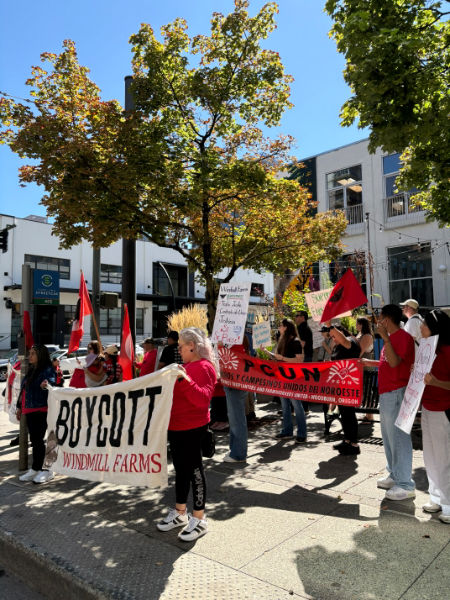Effective Today: Oregon OSHA Standard to Protect Workers as COVID-19 Cases Continue to Skyrocket
- Oregon AFL-CIO
- Nov 8, 2020
- 3 min read
Last week, the Oregon Health Authority (OHA) released the weekly numbers of COVID-19 cases. At 3,542 new cases and the second consecutive week of record highs, it is clear that Oregonians are in for a difficult winter. With 8,605 cases reported this week stemming from worksite outbreaks, including 81 workers at an Amazon facility in Portland, and 37 deaths linked to workite outbreaks Oregonians are in dire need of immediate workplace protections. Workplace COVID-19 infections now account for nearly 19 of Oregon’s total cases.
On Friday, the Oregon Occupational Health and Safety Administration (OSHA) filed the final version of the Emergency Temporary Standard for protecting workers from COVID-19 exposure on the job. For the first time since the pandemic, Oregon workers will have clear, enforceable, and consistent workplace protections from COVID-19.
Transparency and Reporting
Employers are required to notify employees of a workplace exposure within 24 hours of the employer knowing. Prior to this rule, an employer was never required to notify workers of their exposures. This section of the rule is effective November 16th, 2020.
Training
For the first time in seven months, workers will have science-based information provided by their employer on how to limit exposure to COVID-19 and understand the new requirements of their employer to limit exposure. This information must be provided to employees in a manner and language that the employees understand. This section of the rule is effective December 21st, 2020.
Employee Input and Employer Requirements to Mitigate Hazards
Employers will be required to receive input from workers on what they believe their hazards are in the workplace and create a plan that will be shared with workers to mitigate against the hazards that could lead to transmission. These sections of the rule are effective on December 7th, 2020.
Ventilation
Air ventilation and filtration systems in hospitals and other settings that have been deemed exceptional risk by Oregon OSHA now have to all meet the COVID-19 and aerosolized disease safety standards set by the American Society of Heating, Refrigerating and Air-Conditioning Engineers, which sets HVAC standards for the country.
The permanent rule will need to include stricter ventilation requirements for all industries. Infected air needs to be moved out of places of employment and clean air in. The emergency temporary standard requires all other employers to optimize their current systems. The effective date for this section of the rule is January 6, 2020.
Oregon AFL-CIO President Graham Trainor explained what is next in the effort to make workplaces safe for working people:
“The Emergency Temporary Standard is a step forward for Oregon’s workers. Oregon is now only the third state in the nation to adopt workplace safety and health protections for workers against COVID-19. Oregon’s unions and worker advocates have fought for this standard since the beginning of the pandemic and have been closely engaged in the process to ensure it is suitable and reflects the risk workers face on the job. We will continue to advocate for the strongest possible workplace safety standards against airborne viruses as Oregon OSHA begins drafting a Permanent Standard in the coming months. We owe it to the workers who risk their health and safety to provide for their families to get this right, and soon, to ensure workplace protection now and into the future. Every worker who clocks in during this pandemic is a hero, and it is past time we treat them as such.”
Oregonians who are concerned about COVID-19 outbreaks in their workplace, industry or community can search the Oregon AFL-CIO’s database of workplace outbreaks which uses data provided by OHA available at www.oraflcio.org/osha. Workers can file a complaint if they’re concerned for their safety on Oregon OSHA’s website.
###




Comments